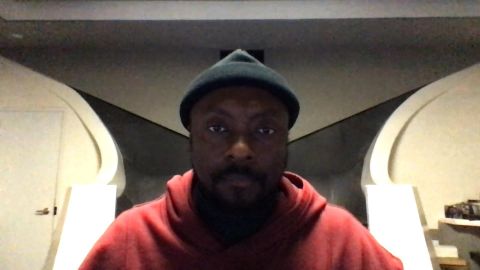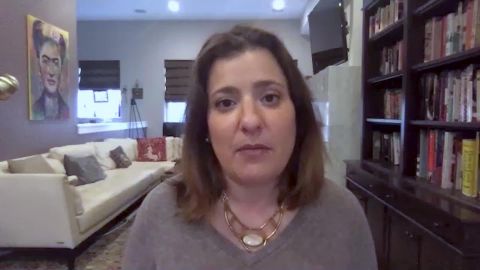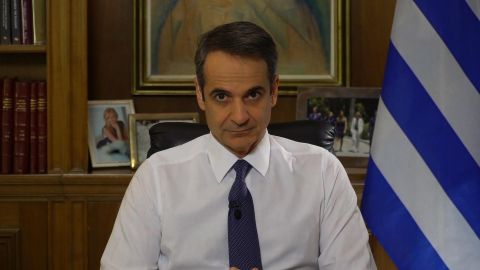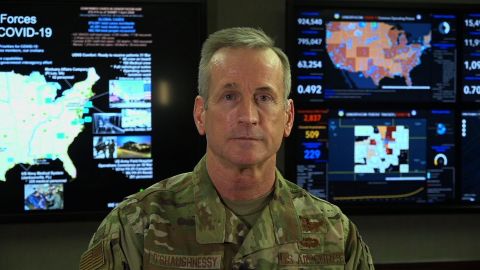Read Transcript EXPAND
CHRISTIANE AMANPOUR: Can you explain to the American people what need — what would happen — what would need to happen to, you know, sort of have you as the designated survivor, so to speak, to lead through a period if there was a worst-case scenario? What would that worst-case scenario be? How would you lead? What would be the authority to do so?
GEN. TERRENCE O’SHAUGHNESSY, COMMANDER, NORAD: Well, to be very clear, the things that we are doing here now within the United States are to avoid any catastrophic events such as that. In fact, the great work that we are doing with the national task force that’s really been approaching this with a whole of America approach is really designed in order to be able to put all of the capacity of our United States of America put to bear on this very challenging problems that we have been faced with.
AMANPOUR: But what would be the circumstance? Because you’ve got that designation for a reason. So, what would be the worst-case scenario? Does it have to be the whole top layer of government incapacitated? What would it need to invoke leadership, so to speak?
O’SHAUGHNESSY: Yes. I think maybe there’s been some exaggerated stories of some of the authorities there. What we’re really looking at is I’m leading the Department of Defense’s operational efforts here within the United States. We also contribute to what we call continuity of government to ensure that we always have the ability to have our nation led by our elected officials. And so, we play a role in that and a very important role but our whole intent here is we want to make sure that our country is able to get through this, prevail, be on the other side, end up stronger than we are today.
AMANPOUR: OK. So, tell us what is the role of the U.S. military in fighting this enemy from within? Obviously, we all know that the U.S. military is deployed to fight an external enemy. What is your role in this situation right now?
O’SHAUGHNESSY: Yes. Let me start by just talking a little bit about our command, and that is the northern — U.S. Northern Command. Our primary focus is defending the homeland, if you will. And so, while that’s really been stationed all over the world and then engaged in different operations, our focus of the command is right here at home to defend against whatever the threats happen to be. And as you well know, our commander in chief has declared war on COVID-19. And so, as such, we are treating this as a military campaign, right here at home, in order to mobilize all the assets that the Department of Defense has to be able to be part of the nation effort that we have to combat this virus. And as you mentioned, this is challenging. This is really a threat that is unseen but can be very devastating. And so, we’re ensuring that we are part of the nation approach. But we’re tied in all the way to the White House task force that the vice president has been leading and the president often comes into, all the way down to our National Response Coordination Center that FEMA is leading. We’re plugged into all of that and we’re making sure that we are able to put our efforts and our capability exactly where they’re needed.
About This Episode EXPAND
In an exclusive interview, Greek Prime Minister Kyriakos Mitsotakis tells Christiane Amanpour how his country is coping with the COVID-19 pandemic. General Terrence O’Shaughnessy discusses the need for a better coordinated national response in the U.S. Sara Goldrick-Rab tells Hari Sreenivasan how the crisis is affecting low-income students. Plus, will.i.am discusses his new single “Sing for Life.”
LEARN MORE



